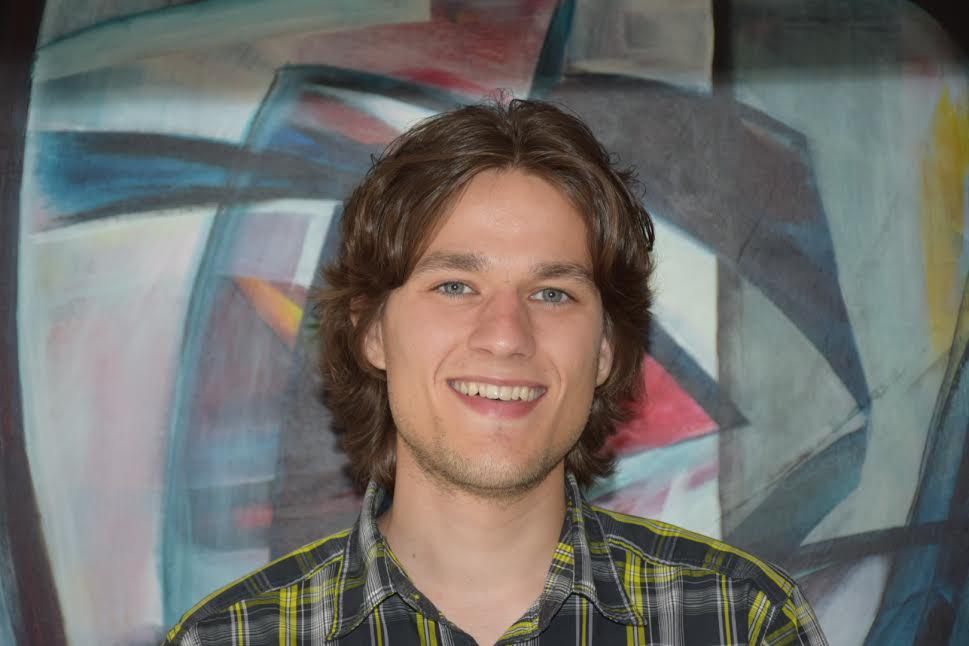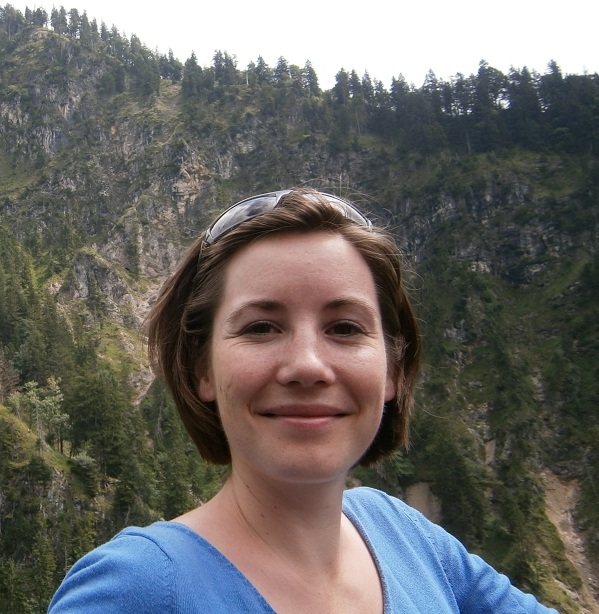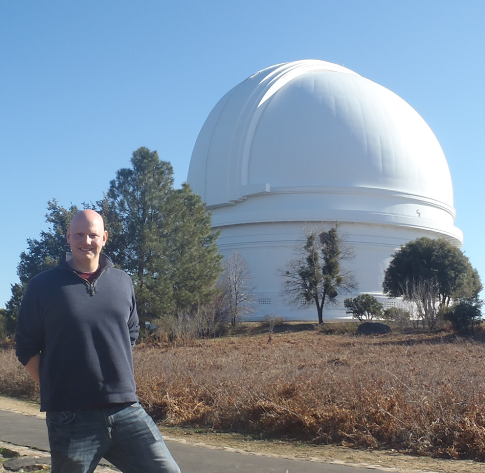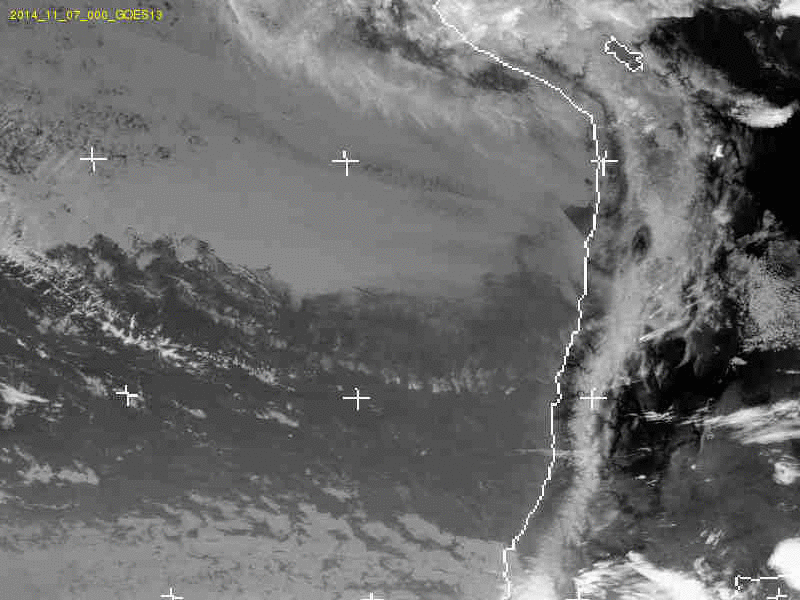
PhD: University of Vigo, Spain (2015)
Research Area: Planetary Nebulae, Central Stars of Planetary Nebulae, Hot Subdwarf stars, Binarity
Publications: ADS (refereed)
Telephone:
email: This email address is being protected from spambots. You need JavaScript enabled to view it.
About my research: My main research topics are planetary nebulae and their central stars. In particular, those planetary nebulae with hot subdwarf stars in their nuclei. These objects, although scarce, are important to study the origin and evolutionary stage of hot subdwarf stars. I am also interested in the analysis and spectral classification of central stars. Just a small percentage of them have available spectroscopic information, which is needed to study their evolution and to obtain information about their progenitor stars. Finally, I also investigate the role of binarity in central stars of planetary nebulae, which is key to understand the complex morphologies present in planetary nebulae.

PhD: University of Leuven, BE (2015)
Research Area: Hot subdwarfs, Binary interaction physics, Binary evolution..
Publications: ADS (full) - ADS (refereed)
Telephone: (+56 32) 299 5557
email: joris.vos at uv.cl
About my research: My main research topics are hot subdwarf binaries and the binary interaction processes that form them. These hot subdwarfs are core helium burning stars that have lost their envelope due to a common envelope phase, or due to stable mass transfer during Roche-lobe overflow. My focus is on these latter systems which end up on orbits with periods of several years. I am using spectral observations with a long time base to solved the orbital, as well as the stellar parameters. Using the stellar and binary evolution code MESA, extended with new binary interaction processes, I aim to test current binary interaction theory against the observed systems.

PhD: University of Warwick, United Kingdom (2015)
Area de Investigación: Enanas blancas, binarias eclipsantes, binarias cercanas, cariables cataclísmicas, variaciones en tiempos de eclipses, progenitoras de SNe tipo Ia.
Publicaciones: ADS (refereed)
Teléfono: (+56 32) 250 8457
correo electrónico: madelon.bours at uv.cl
Sobre mi investigación: Mi investigación se enfoca en binarias cercanas que contienen al menos una enana blanca y periodos orbitales de unas pocas horas. Para determinar parámetros binarios y estelares precisos he realizado estudios de alta-precisión de binarias dobles de enanas blancas, usando fotometría de alta velocidad, espectroscopía de fase-resoluciçon y espectroscopia Hubble del extremo-UV. Además de eso estoy monitoreando binarias de enanas blancas eclipsantes para registrar desviaciones que se alejan de la regularidad en los tiempos de eclipses de enanaas blancas. Estas podrian deberse a la presencia de planetas alrededor de esas binarias eclipsantes, aunque con cada nueva observación este escenario parece ser menos probable. Para comprender lo que verdaderamente causa el comportamiento observado, estoy intentando aprender lo mas que se pueda acerca de las enanas blancas y sus compañeras estelares de secuencia principal de baja masa, como tambien el comportamiento que tienen entre si en configuraciones de binarias cercanas.

PhD: University of Cardiff, UK (2011)
Research Area: Galaxy formation and evolution, including processes regulating star formation and chemical evolution, the impact of the environment, and the growth of the red sequence.
Publications: ADS (full) - ADS (refereed)
Telephone: (+56 32) 299 5557
email: thomas.hughes at uv.cl
Webpage: http://www.txhughes.com/
About my research: My main research interest lies in disentangling the processes that transforms the baryonic matter in the early Universe into the complex systems of stars, gas, dust and metals that comprise the galaxies we observe today. I use observations from across the electromagnetic spectrum, including both spectroscopy and photometry, to trace these key matter components and characterise star formation, chemical evolution and other physical processes in nearby galaxies. By studying these processes in local galaxies inhabiting different environments, from dense clusters to sparse regions, I aim to better understand what governs their evolution.





